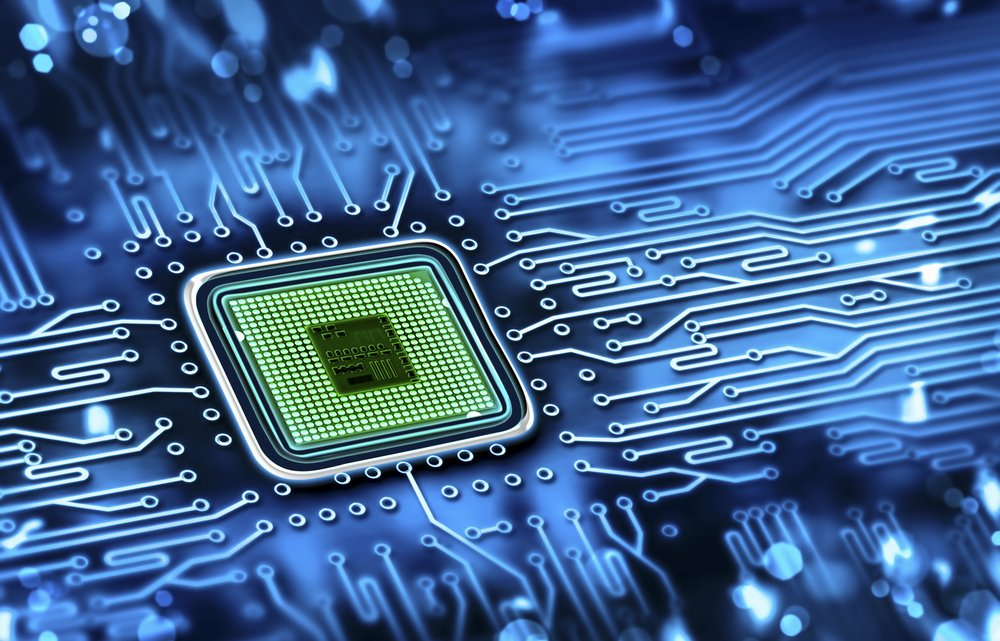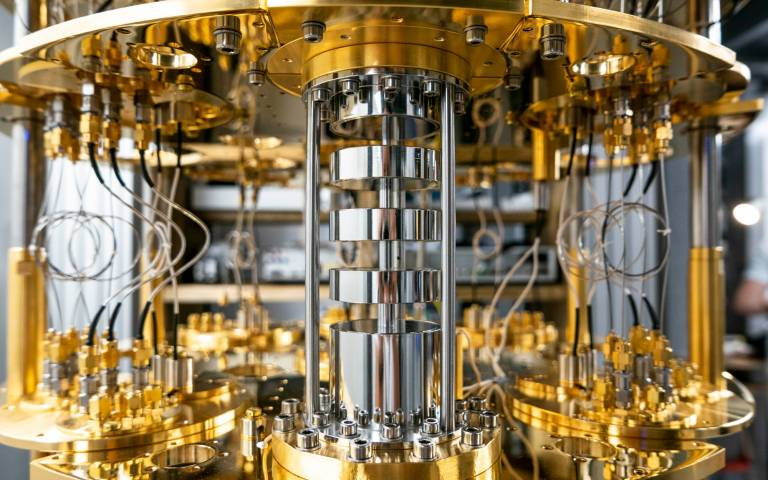Can Computers Keep Getting Faster?
Computers have come a long way in the past few decades, with impressive increases in processing power and speed. But with all technological advancements, the question arises: can computers keep getting faster?
The short answer is yes, computers can continue to get faster. However, there are some limitations to consider.
One of the main factors that affects the speed of a computer is the processor, also known as the central processing unit (CPU). The processor is responsible for executing instructions and performing calculations. As technology has advanced, processors have become more powerful and efficient, leading to faster computers.
However, there are physical limits to how small and powerful processors can become. As processors become smaller, it becomes more difficult to fit all of the necessary components onto the chip. Additionally, as processors become more powerful, they generate more heat, which can be detrimental to their performance and lifespan.
Another factor that affects the speed of a computer is the memory, or random access memory (RAM). The more RAM a computer has, the more information it can store and access quickly. This allows the processor to work more efficiently, leading to faster performance.
While it is possible to increase the amount of RAM in a computer, there are also limitations to consider. For example, adding more RAM can be expensive, and there may be physical limits to how much RAM can be installed in a particular computer.
In addition to the physical limitations of processors and memory, there are also technological limitations to consider. As computers become faster and more powerful, the tasks they can perform also become more complex and resource-intensive. This can create a "performance plateau," where the speed of the computer no longer improves significantly, even with advances in technology.
Despite these limitations, there are still ways that computers can continue to get faster. One possibility is the development of new technologies, such as quantum computers, which use quantum bits (qubits) instead of traditional bits to store and process information. Quantum computers have the potential to perform certain tasks significantly faster than traditional computers, and they are an active area of research and development.
Another possibility is the use of artificial intelligence (AI) and machine learning algorithms, which can help computers process and analyze large amounts of data more efficiently. As AI technology improves, it is possible that computers will be able to perform more complex tasks faster and with greater accuracy.
In conclusion, while there are physical and technological limitations to consider, it is possible for computers to continue to get faster. With the development of new technologies and the use of AI, the future of computing looks bright.





